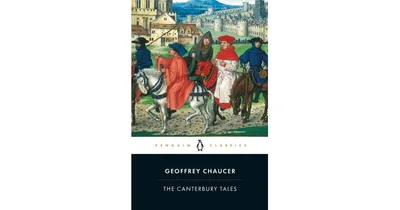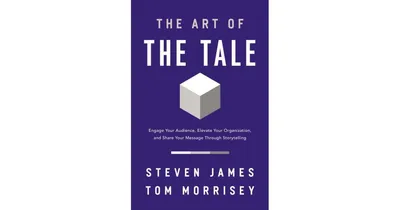Home
Chaucer and the Energy of Creation: The Design and Organization of the Canterbury Tales



Chaucer and the Energy of Creation: The Design and Organization of the Canterbury Tales
Current price: $24.95
Loading Inventory...
Size: OS
Arguing from the evidence of extant manuscripts, Edward Condren describes the overall design of the
one of the most enigmatic puzzles in Chaucer studiesas a structural parallel to Dante’s
. Through close analysis of the text, he shows how individual tales support this design and how the design itself confers rich meaning, in some instances investing with new complexity tales that otherwise have been little appreciated.
Dividing its focus between the underlying unity of the poem as a whole and the discrete tales that create this unity,
advances several startling interpretations—the progressive dislocation and displacement in Fragment I; a new claim for the unity of the "marriage group"; the survey of the poet’s literary career in Fragment VII; and the merging of Chaucer’s professional and spiritual lives at the end of the poem. Overall, Condren shows that the famous pilgrimage to Canterbury has three sections corresponding to Dante’s Inferno, Purgatorio, and Paradiso. He maintains that Chaucer’s poem depicts human nature deriving its energy from the tension of equal and opposite forces and then resolving this tension in one of three ways, as illustrated in the poem’s three large sections. By converting Dante’s vertical, cosmic structure to a horizontal, earthly plane, Condren argues, Chaucer is able to portray human beings, rather than souls as in Dante, struggling between disintegration and transcencence.
celebrates the
as a work of literary art executed according to a unified plan. It is expressed in a voice that will remind readers of Donaldson’s close readings and unfolds with methods and arguments that belong to a tradition from Kittredge to the finest of the moderns.
Edward I. Condren is professor of English at the University of California, Los Angeles. His articles have appeared in the
, and elsewhere.


















